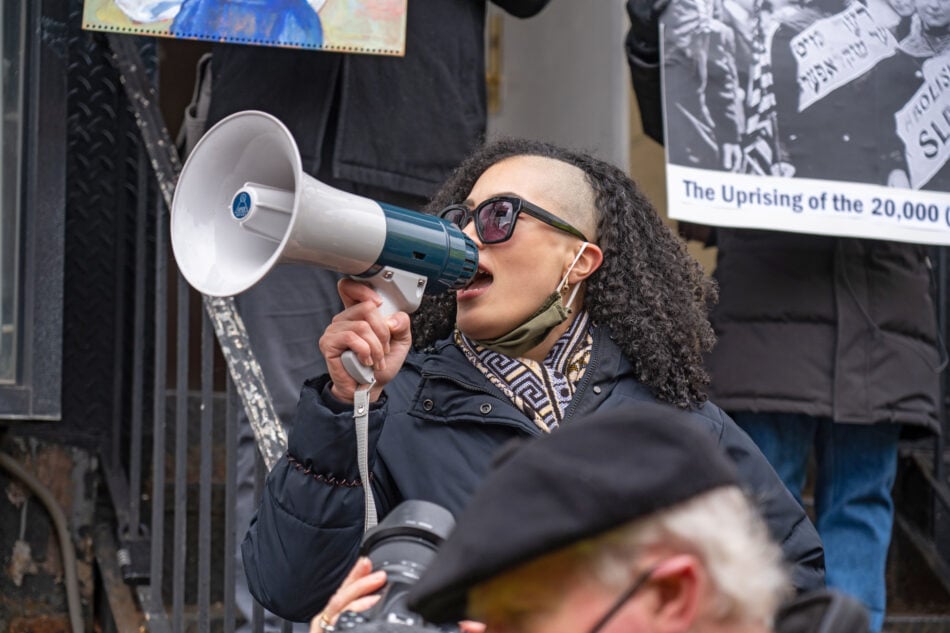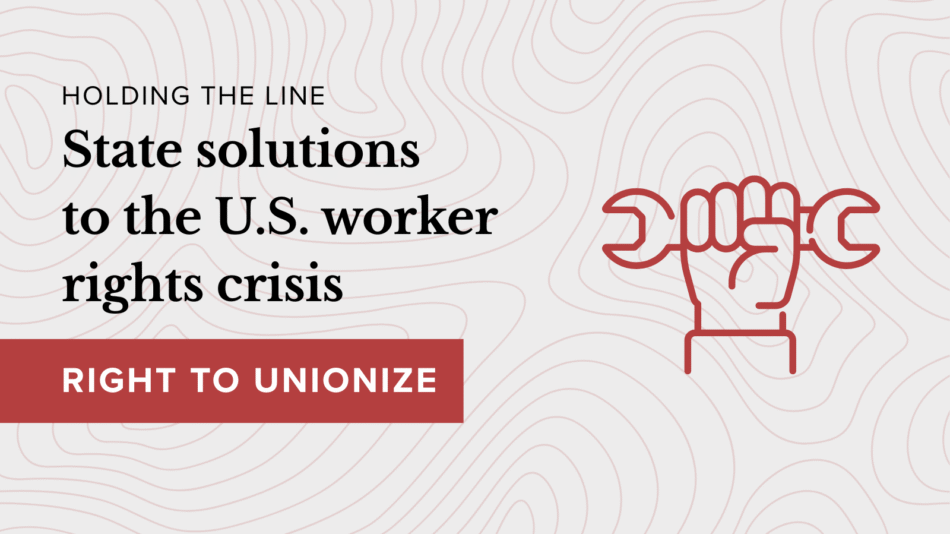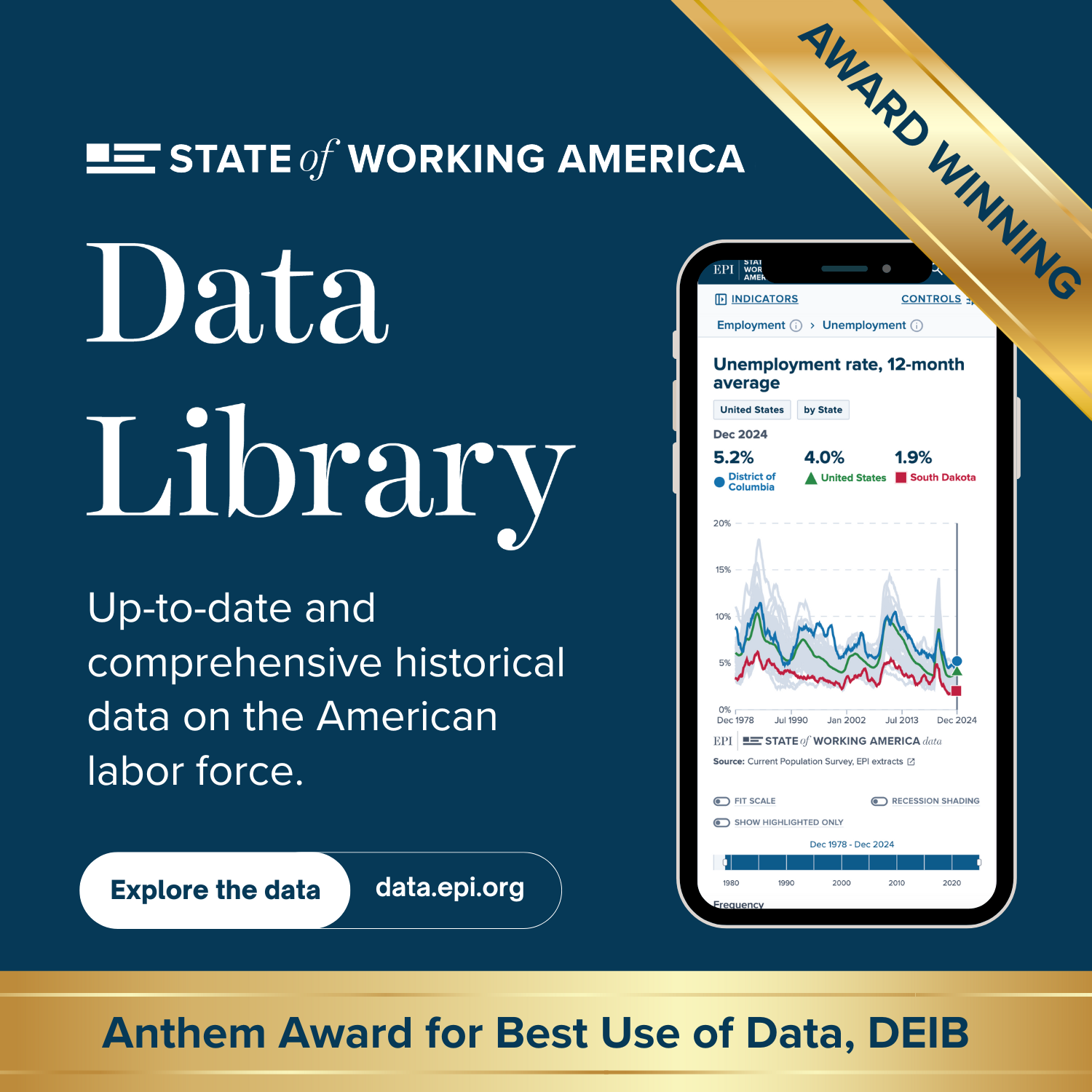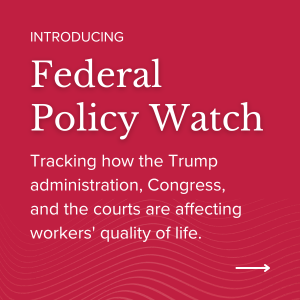Latest Research
-
The Trump administration’s macroeconomic agenda harms affordability and raises inequality
-
Workers’ resolve drives increase in unionization in 2025
-
Everything you need to know about “no tax on overtime”
-
Rights to unionize and collectively bargain: State solutions to the U.S. worker rights crisis
-
Everything you need to know about “no tax on tips”
Blog
-
A growing number of workers went on strike in 2025
-
January saw steady job growth, but revisions show a much weaker 2025 labor market
-
Black women suffered large employment losses in 2025—particularly among college graduates and public-sector workers
-
Low-wage workers faced worsening affordability in 2025 as wage growth stalled
-
Six ways the Trump administration tried to erase MLK’s legacy in 2025
-
New research reveals how work permits reduce child labor violations
-
December jobs report shows a decidedly weaker labor market than a year ago
EPI in the news
-
Capitalism Magazine | February 20, 2026
-
Kitsap Daily News (Washington) | February 20, 2026
-
The Architect's Newspaper | February 20, 2026
-
FactCheck.org | February 20, 2026
-
HR Dive | February 20, 2026
-
Talking Points Memo | February 20, 2026
-
Labor Notes | February 20, 2026





